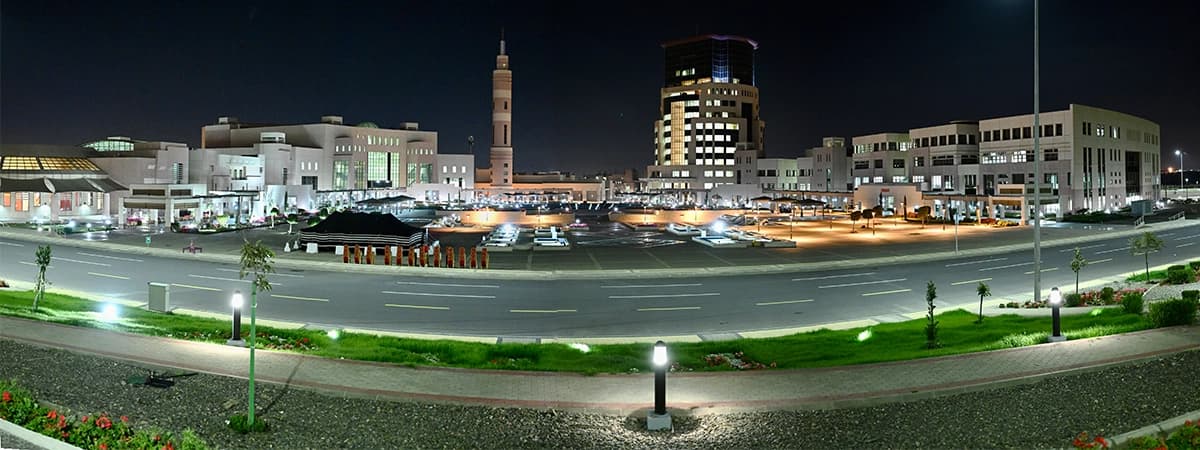King Khalid University
News

Prof. Al-Hazani Leads the Fight Against Epilepsy
King Khalid University - Media Center
Dr. Al-Hazani, Professor of Neurology and Stroke at King Khalid University and Head of the Saudi Stroke Society, received an advanced award at the Bahrain Scientific Research Day of 2018. The research conference was organized by the Kingdom of Bahrain under the patronage of the Minister of the Royal Court, Sheikh Khalid bin Ahmed Al Khalifa. Professor Al-Hazani's award recognizes his outstanding achievements in the study of genetics and epilepsy. Presenting the award were President of the Supreme Council of Health, Sheikh Dr. Mohammed bin Abdullah Al-Khalifa. Also in attendance were several senior officials from the Ministry of Health, King Hamad University Hospital, and the Royal College of Surgeons in Ireland.
Prof. Al-Hazani's research study provided valuable information on the effects of different genetic patterns of MDR on the characteristics and movements of phenytoin. The study measured responses in 90 subject patients in Saudi Arabia. The results provided differential diagnoses and statistical data on the kinetics of treatment and individual reactions to treatment. In his conclusion, Prof. Al-Hazani recommended further study including larger sample sizes and study subjects from varying regions. He posits that further research can illuminate the existing body of research on the impact of treatment dynamics on a broader scale.
Prof. Al-Hazani pointed out that epilepsy is one of the most common neurological diseases throughout the world. Despite quantum leaps in research and diagnosis, approximately 33% of epilepsy patients do not respond to treatment. Therefore, the good doctor's work is important to the global medical profession.
'It is well-known that phenytoin is considered as one of the most common drugs used in the treatment of epilepsy, but responses to treatment vary, and also the degree of side effects differ from one person to another, and this is why I conducted this study' he said.
